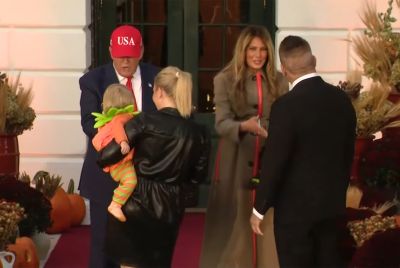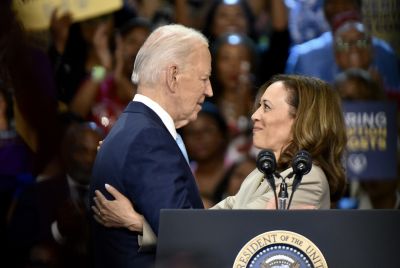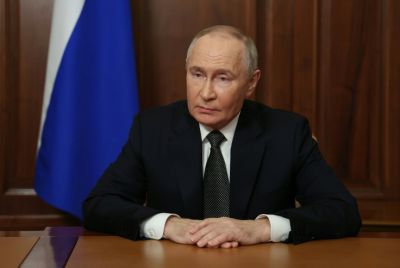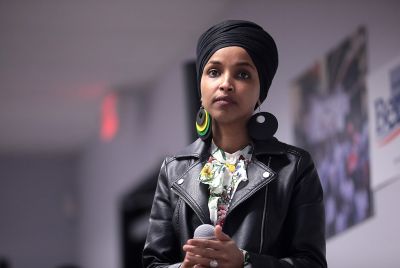China in pictures: The communist party celebrates 90th anniversary
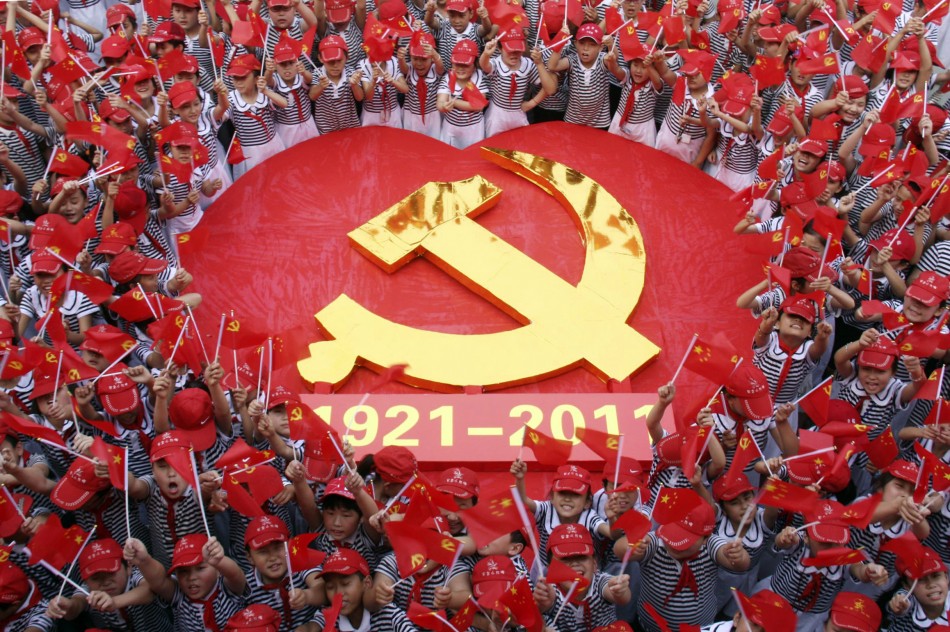

"If corruption does not get solved effectively, the party will lose the people's trust and support," warned Hu Jintao, the party's general secretary and China's president in a 90-minute speech that was televised across the nation.
Addressing carefully selected delegates in the Great Hall of the People in Beijing, Mr Hu's anniversary speech came at the end of weeks what observers have called the "Red" propaganda, which they say is aimed at boosting the standing of the party that was founded in Shanghai in 1921.
Surprisingly, during his speech Mr Hu acknowledged in vague terms the mistakes of the Party's past which include the 'Great Starvation' of 1959-62 in which 30m-40m Chinese died, and the political civil war that was the Cultural Revolution of 1966-76.
"In some historical periods, we once made mistakes and even suffered severe setbacks, the root cause of which was that the guiding thought then was divorced from China's reality," he said.
"Our party managed to correct the mistakes by the strength of itself and the people, rose up amid the setbacks and continued to go forward victoriously." Focusing on the future, Mr Hu said that China's headlong economic growth had thrown up "all kinds of conflicts and problems", including a yawing rich-poor divide, environmental and social pressures.
"The party is soberly aware of the gravity and danger of corruption that have emerged under the conditions of the party being long in power," Mr Hu said.
"If not effectively curbed, corruption will cost the party the trust and support of the people. The whole party must remain vigilant against corruption." However Mr Hu made no mention of the kind of institutional reforms - a freer media, a more independent judiciary, strengthening civil society groups - that many analysts inside and outside China argue are essential to combat the cronyism and corruption that polls show anger ordinary Chinese.
Mr Hu also warned that the government had to "maximise harmonious elements and minimise non-harmonious elements", which will certainly strike human rights activists and dissidents as a semi-acknowledgement that the government has becoming even less tolerant with figures of the opposition, tightened its internet and media rules and led a crackdown on lawyers, journalists and social activists.
Hu's discourse is also a way of warning the opponents that despite wide criticism from the West and various Human Rights organisations, the government will not change its policies and strategy when it comes to crushing the opposition.
© Copyright IBTimes 2025. All rights reserved.




